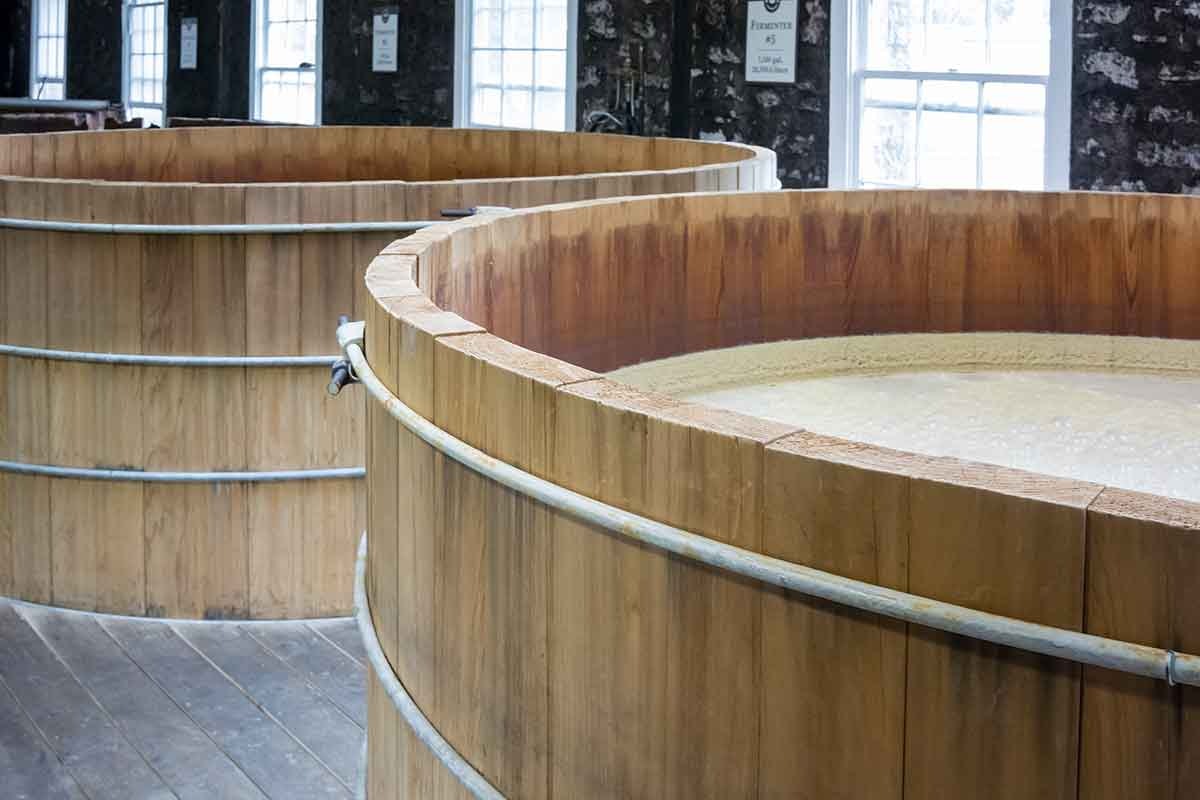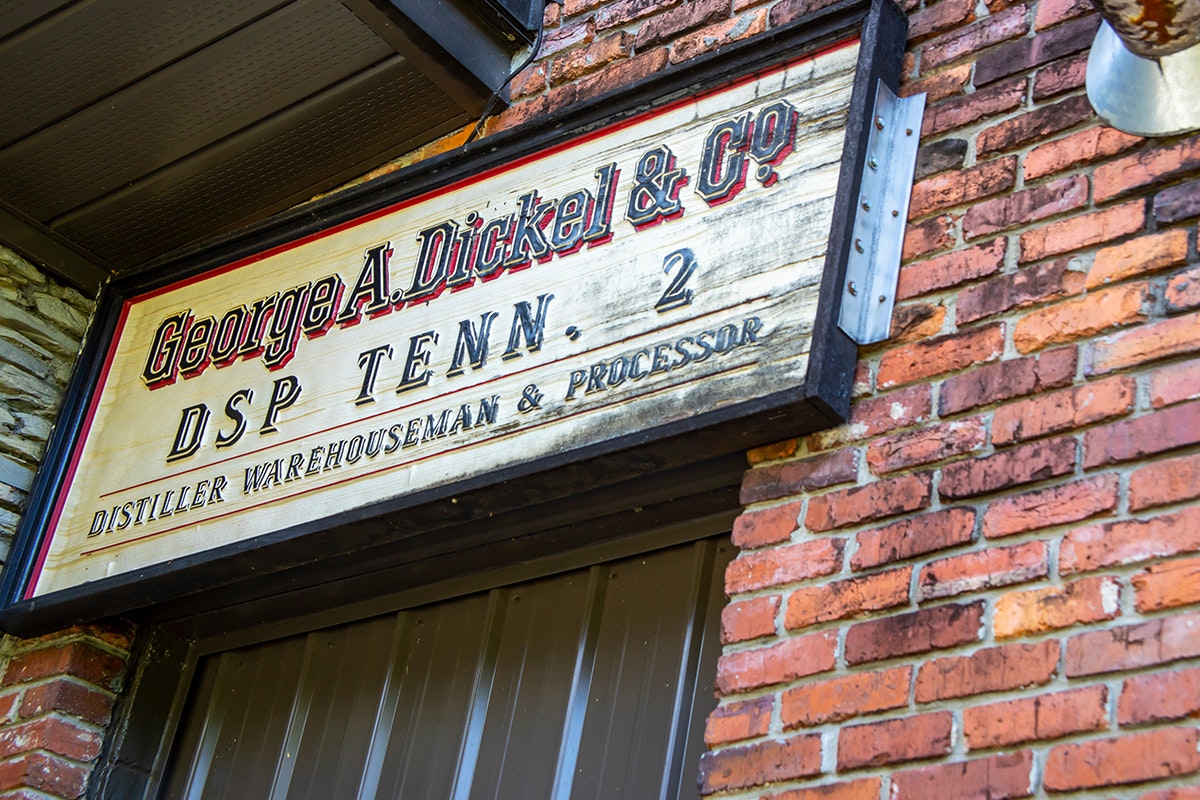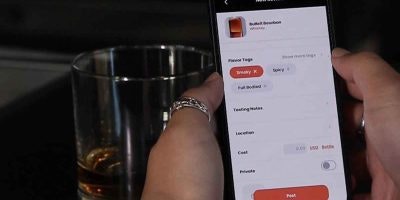The distilling profession can often feel arcane and opaque to the outsider. The common consumer knows that it involves distillation through the use of stills. They understand that grain, fruit, molasses or agave may be involved, and there might be a barrel or two somewhere in the process. But how exactly do these things all come together? And for those looking to become a distiller, how do you learn the things necessary to begin a career in the spirits industry?
Say you want to get your foot in the door of your local brewery. Sometimes a little homebrew experience is all you need before steadily making your way up the brew-chain. Want to be a winemaker? Start applying for harvest work in spring. For many wineries, a warm body and a good work ethic are the only prerequisites for getting a temporary gig during the grape harvest season. Once again, foot in the door, firmly applied to the bottom rung. Job in-hand and career kick-started.
But what if you want to be a distiller? Can you just walk in the door with no experience and get a job running those big, beautiful, copper stills? If you need education, how do you go about getting it? It can be confusing and even frustrating for those looking to become a distiller, but it doesn’t have to be. Let’s take a moment and talk about what it takes to get your foot in the door at a distillery and what your first job might look like.
Begin at the Bottom
Like any job, your level of experience and education will decide what position you can expect to get in a distillery. Assuming this is your first attempt at entering the industry, you will have virtually no experience. And let’s get this one out of the way right now: in the vast majority of countries in the world, home distillation is illegal. Quite a few professional distillers won’t hire someone who willingly breaks the law with a home still because it might put their distillery at legal risk. So, if you want to become a distiller, don’t lead with, “I’ve been distilling at home.”
 Fermentation tanks
Fermentation tanks
So, where do you get experience? Well, you can simply walk into a distillery and ask if they’re hiring. Tell them you want to get your feet wet in the industry and work your way up. You won’t likely get paid much above minimum wage in many cases but hey, we all gotta start somewhere. No education and no experience will not likely land you the most glamorous of jobs. Think a lot of tank scrubbing, sweeping and general monotony and you’ll be pretty close to the mark of what you’ll likely be doing.
Tasting Room or Bottling Help
If you’re looking to become a distiller and you have some bartending or server experience, offer to help out in the distillery’s tasting room. This can be a great way to get some experience working in proximity to the distillery. In many distilleries, the tasting room staff will often get asked to come into the distillery to help out with various tasks such as packaging and cleaning. Many distillers actually got their starts this way, by simply slinging pours in the tasting room and offering to help out in the back whenever the opportunity arose.
 George Dickel & Co.
George Dickel & Co.
The packaging team is also another way to get into the door without any real experience. Packaging is not the most exciting job in the distillery, but show some enthusiasm and proficiency at it, and you may get asked to help out with other parts of the distillery operations. Some distilleries will even post open requests for bottling help through social media. These bottling events don’t often pay any compensation outside of free pizza and perhaps a beer or two. However, they can be good opportunities to see the distillery and meet the folks that do the hiring.
Formal Education
If you want to up your chances at getting a good distilling job, a little trade education can go a long way. Fortunately, there are ample avenues out there for those looking to become a distiller. The Institute of Brewing and Distilling in the UK offers a wide array of distilling related courses online and is considered one of the industry gold standards for trade education.
If you want some hands-on training, Moonshine University in Louisville, Kentucky has a long roster of faculty members from all over the industry. These folks regularly put on 2-6 day workshops on topics ranging from basic distillation and maturation to spirit specific classes on whiskey, rum, and gin production. (Full Disclosure: the author works and teaches for both organizations, but does not get paid to advertise for them, nor does he make more money from people signing up for their courses.)
Distilling as a profession is hard work, but it is unbelievably fun and rewarding as well. It can be tough to get that initial foot through the door. But once that first distillery job comes, many people never want to leave. It is an industry built on sweat, the occasional tears, and a whole lot of patience and perseverance. Sure, those things can be said about a lot of jobs. But the difference is that at the end of the distiller’s day, they can sit back and relax over a dram of booze they made themselves. It just doesn’t get much better than that.
Even if you’re not ready to become a distiller, you can still practice tasting spirits.
With Distiller, you’ll always know what’s in the bottle before you spend a cent. Rate, Review, and Discover spirits. Head on over to Distiller, or download the app for iOS and Android today!
Want to enjoy Distiller ad-free? Join Distiller Pro today to support the Distiller platform and keep ads off of your screen.



